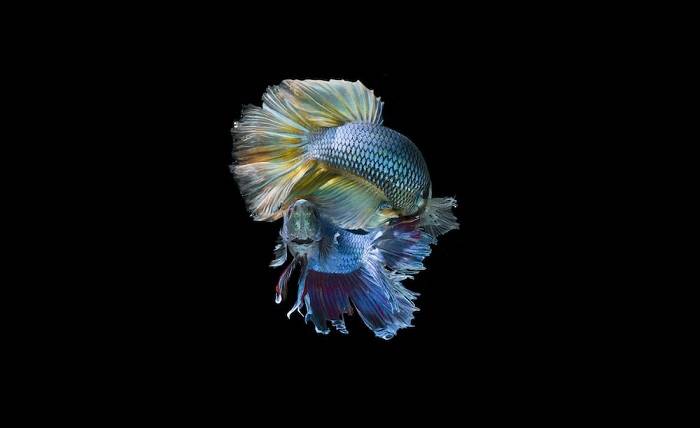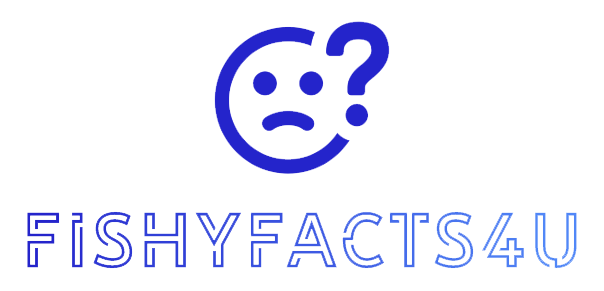The Importance of the Galaxy Koi Betta Fish’s Dietary Needs

Keeping your fish happy and healthy should be one of your top priorities as a fish owner. To do that, you need to make sure that they have everything they need. The various types of koi betta fish come with their own unique set of needs. These gorgeous creatures are known for their striking colors and beautiful scales. Because of this, they’re often kept in home aquariums as stunning displays of nature. However, if you want your koi bettas for sale to thrive, then you need to understand what they require from a dietary perspective.
What to Feed a Koi Betta Fish?
The first step to feeding your fish properly is to find out what it should be eating. The first thing to understand is that there’s no one “best” diet for all fish. Koi betta fish have different dietary needs depending on their species and age. You also need to know what your particular fish needs based on its environment. Are you keeping it in a freshwater aquarium or a saltwater one? Does it live in a warm or cold environment?
Why Is the Diet of a Koi Betta so Important?
The koi betta fish’s diet is one of the most important aspects of its care. Feeding your fish the right foods is the best way to ensure that it stays healthy. Unfortunately, it’s also one of the most commonly overlooked areas. It’s easy for fish owners to get confused about what their pet needs to eat. The importance of proper feeding applies to all different types of fish. Different species indeed have different dietary requirements.
But all fish also have one thing in common. All fish need to consume what’s known as proteins and fats to stay healthy. Because koi betta fish need these nutrients to survive, they rely on their food to provide them. Proteins and fats aren’t present in water. Thus, fish have to get them from their food. If your betta fish doesn’t get the right amount of these nutrients, then it will develop malnutrition. It will suffer from reduced immunity. It might even die.
The Importance of Good Quality Food for Koi Bettas
Fish are aquatic creatures. They weren’t designed to eat the way we do. They have to consume nutrients that aren’t present in water. The best source of these nutrients is food. But what type of food is best for your fish? The answer to this question largely depends on the species you’re keeping. There’s no one “best” brand of fish food.
There are, however, some factors that affect the quality of any food. These include freshness, the amount of water it contains, and the amount of protein and fat it has in it. The feed you choose is also important in terms of size. If your fish have large mouths, then you’ll need to feed them larger pellets. If they have small mouths, then you need to use smaller pellets.
What Should be in a Good Koi Betta Food?
A wide variety of koi betta food is available. You’ll find something suitable for almost any type of fish and their specific dietary needs. Which food you choose for your betta largely depends on two things. Firstly, you need to consider the fish’s age. The nutritional requirements of a young betta are different from those of an adult fish.
You also need to think about where you’re keeping your fish. Depending on these factors, you can select from a variety of different types of food. You can feed your fish commercial pellet food. You can also try feeding it a combination of commercial pellets and flakes.
Foods to Avoid for Your Koi Betta
Ideally, you should avoid feeding your fish anything that’s not explicitly designed for it. However, this isn’t always possible. If you can’t find suitable commercial food, then you can feed your fish a wide variety of different foods. But you need to make sure that they’re safe to eat. Avoid foods that contain a lot of fat, aren’t fresh, or are too big to be eaten by a small fish.
Fish that have a high-fat content are bad for your fish. They can reduce its immunity and make it more susceptible to diseases. Avoid feeding your fish fatty foods like butter, bacon, and chips.
How to Feed Your Koi Betta Fish
Keep in mind that your fish will only eat when it’s hungry. It won’t eat just because the food is there. You need to be patient. If you don’t see your fish eating, then it probably doesn’t feel like eating that day. Keep in mind that, as with all fish, different species eat at different times of the day. For example, many types of fish are more active during the evening. That’s why it’s often recommended that you feed them at that time.
You can feed your fish either by hand or by putting the food in the tank. If you choose to feed your fish by hand, make sure that you do it at least once a day. If you feed your fish in the tank, you should do it once every other day. When you feed your fish, make sure that you do so calmly and safely. Don’t feed your fish when it’s too cold or too hot.




